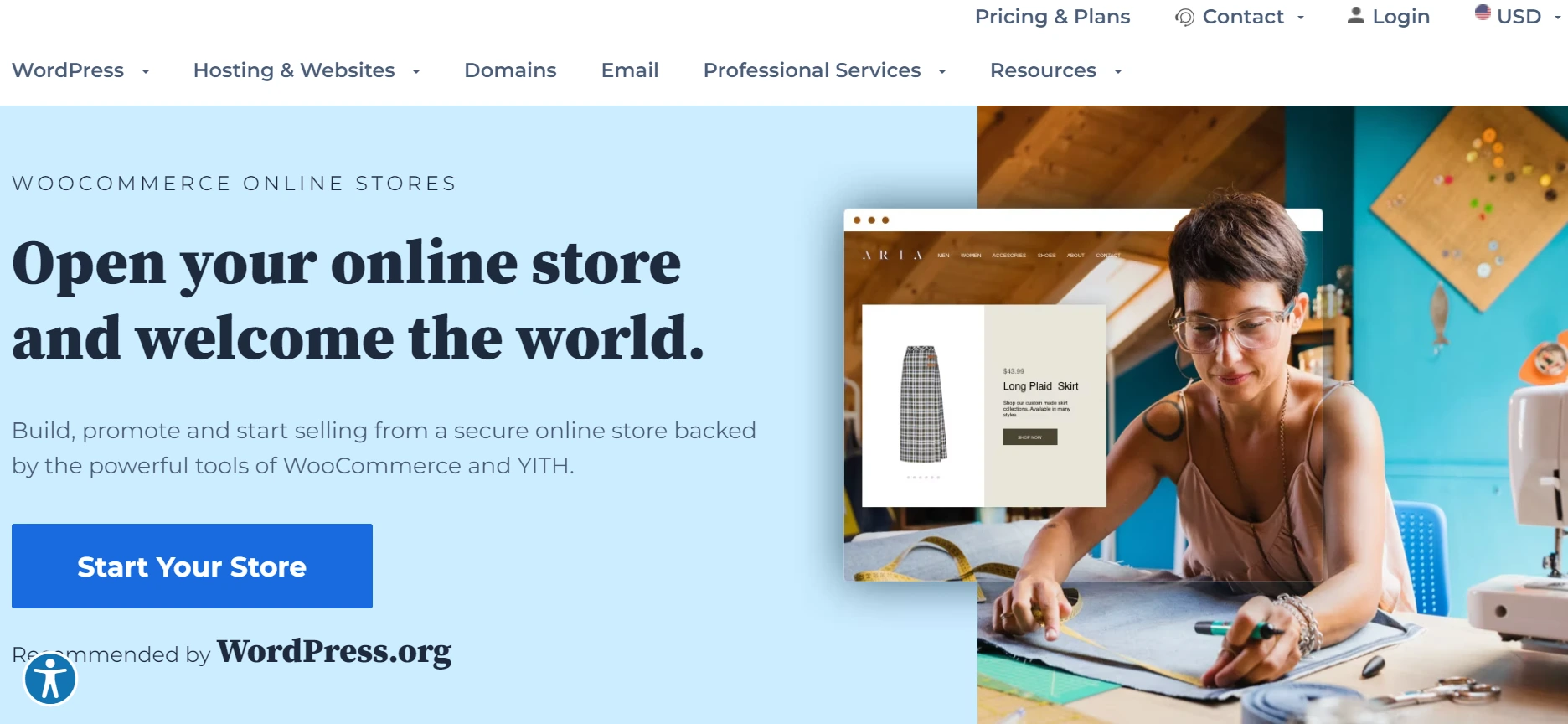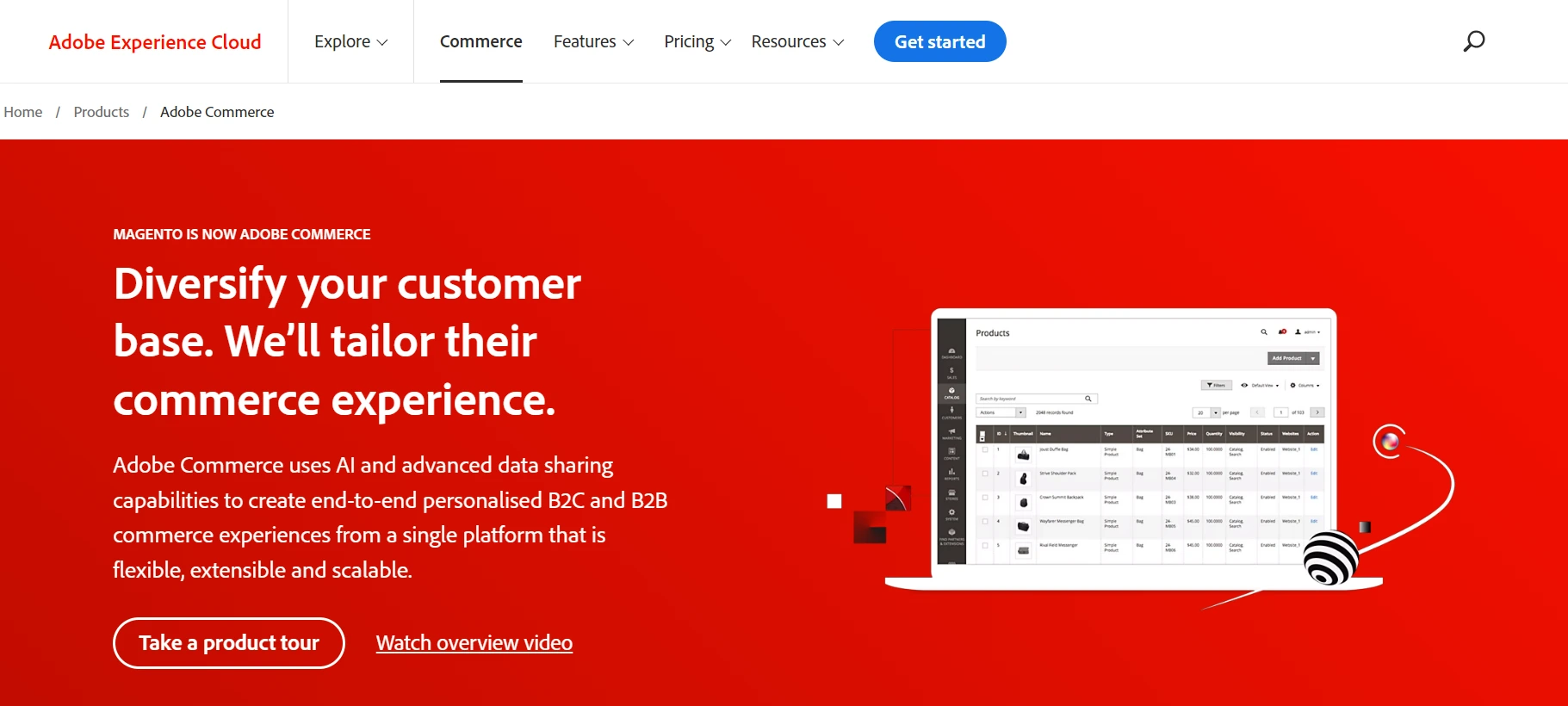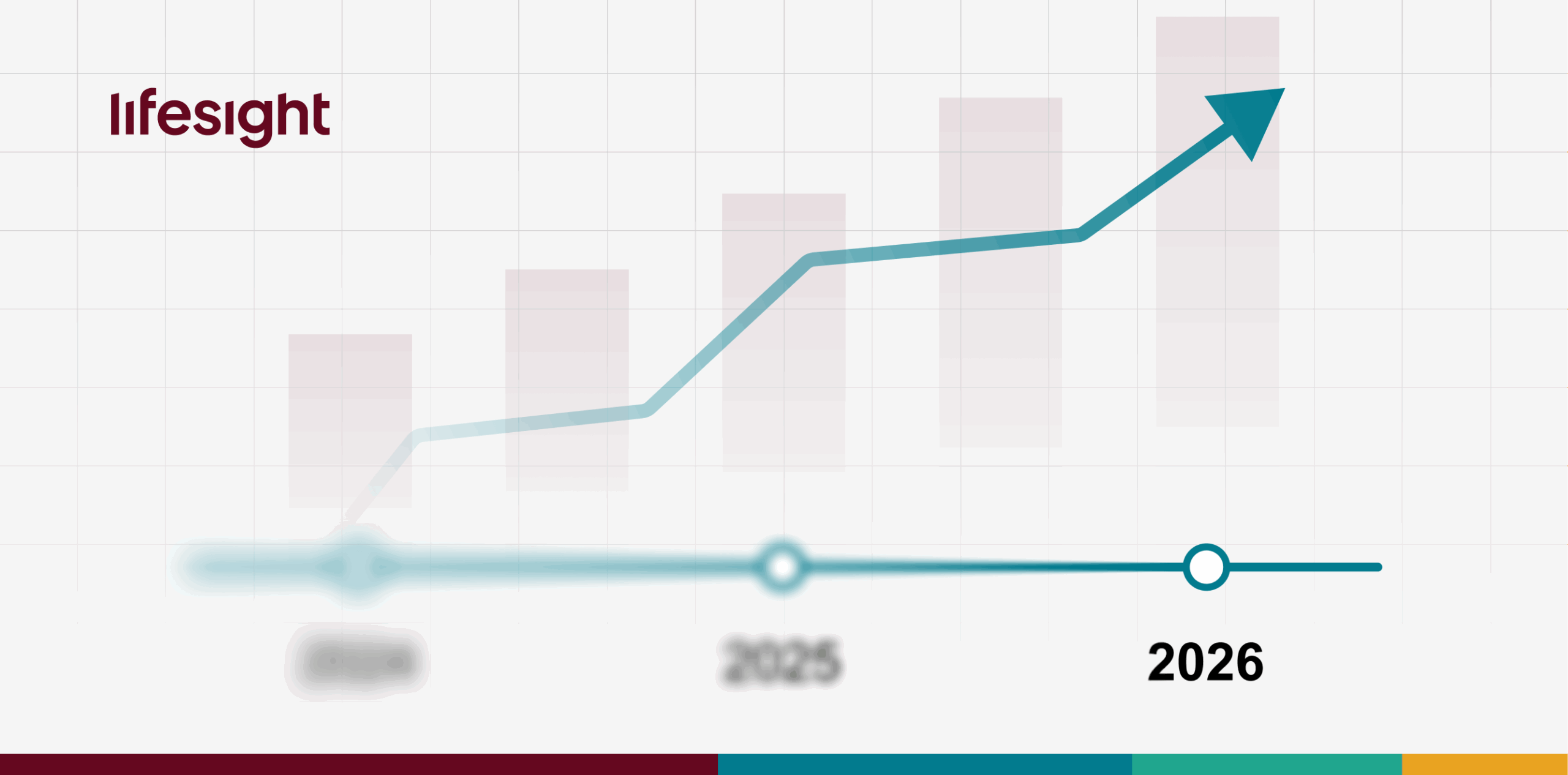Statista found that 88% of online buyers will not return to a website following a negative user experience. This data emphasizes the necessity of choosing an ecommerce hosting service that can optimize website performance, user experience, and uptime.
Choosing the wrong ecommerce hosting for your business can have dire consequences. Expect sluggish website performance, frequent downtime, and frustrated customers. Your website’s security may be compromised, putting sensitive customer data at risk.
Ecommerce hosting is the foundation of a successful internet business, and this blog will explain why. We’ll explain ecommerce hosting’s distinctive benefits and features.
What is Ecommerce Hosting?
Ecommerce hosting is a type of web hosting that is specially made to meet the needs of online businesses. Unlike traditional web hosting, which works for many different kinds of websites, ecommerce hosting gives online shops the features and functions they need to run smoothly.
It provides a number of benefits that are crucial to your online shop thanks to its specialized features and tailored infrastructure. Why is ecommerce hosting so crucial? We’ll look into all the different reasons.
Importance of Ecommerce Hosting for Your Online Business
Optimal website performance: Leveraging high-speed servers and robust hardware configurations enables your online store to load quickly, providing a seamless browsing experience for your customers.
This, in turn, reduces bounce rates and improves conversion rates, as visitors are more likely to stay engaged and make purchases when the website responds swiftly.
Guarantees reliable uptime for your website: Downtime can be disastrous for an online business, leading to missed sales opportunities and damaging the overall reputation of your brand. However, with a reputable ecommerce hosting provider, you can benefit from industry-leading uptime guarantees, ensuring that your website remains accessible to customers around the clock.
Scalability: As your business grows, your hosting needs will evolve as well. Ecommerce hosting providers understand this and offer flexible plans that can accommodate your expanding product catalog, increasing traffic, and additional resource requirements. This scalability ensures that your website can handle increased demand without compromising performance or user experience.
Security: With the rise of cyber threats and data breaches, protecting sensitive customer information is of utmost importance. Ecommerce hosting providers employ robust security measures, including SSL certificates, firewalls, and regular backups, to safeguard your website and customer data from potential vulnerabilities, giving both you and your customers peace of mind.
Integrated features: These may include content management systems, inventory management, payment gateways, and marketing integrations, among others. These built-in functionalities streamline your operations, enhance customer experience, and facilitate efficient management of your ecommerce store.
Top Ecommerce Hosting Options
With myriad ecommerce hosting options available, we have narrowed down the top contenders based on various essential factors.
1. Shopify

Shopify is a leading name in the ecommerce world, offering a comprehensive suite of tools and features to help you build and manage your online store. With its user-friendly interface and extensive theme library, Shopify makes it easy for businesses of all sizes to create visually appealing and functional websites.
Additionally, it provides a robust inventory management system, secure payment gateways, and a wide range of integrations to enhance your online store’s functionality.
2. WooCommerce

WooCommerce seamlessly integrates with WordPress, offering a powerful and customizable ecommerce solution. It provides a range of themes, extensions, and plugins to help you tailor your online store to your specific requirements.
WooCommerce also offers flexible product management, order tracking, and various payment options, making it an attractive option for businesses seeking a cost-effective and scalable ecommerce platform.
3. BigCommerce

If scalability is a priority for your business, BigCommerce should be on your radar. BigCommerce is known for its robust infrastructure that can handle high traffic volumes and accommodate rapid growth.
It offers an extensive range of features, including advanced SEO capabilities, multichannel selling options, and a variety of payment gateways. With BigCommerce, you can seamlessly expand your business without worrying about outgrowing your hosting infrastructure.
4. Magento

An open-source ecommerce platform renowned for its flexibility and customization options. Magento empowers businesses to create unique and immersive online shopping experiences. With its extensive range of themes and extensions, you can tailor your store’s appearance and functionality to align with your brand identity.
Magento also offers robust inventory management, marketing tools, and SEO capabilities, making it a preferred choice for businesses seeking a highly customizable ecommerce solution.
How to Choose the Right Ecommerce Hosting for Your Business
Finding the right ecommerce hosting can be challenging; hence, we will walk you through the critical factors to consider during your selection process.
Performance and Uptime
A fast-loading website is crucial for providing a seamless user experience and maximizing conversions. Look for a hosting provider that utilizes high-speed servers and robust hardware configurations, guaranteeing optimal website performance. Additionally, prioritize providers that offer reliable uptime, minimizing the risk of downtime that could potentially result in missed sales opportunities.
Scalability
As your business grows, your hosting requirements will evolve as well. Select an ecommerce hosting provider that offers scalable plans and can accommodate the increasing demands of your online store. This scalability ensures that your website can handle high traffic volumes and resource-intensive operations without compromising performance or user experience.
Security
Protecting sensitive customer information and safeguarding your online store against cyber threats is paramount. Look for hosting providers that offer robust security measures such as SSL certificates, firewalls, and regular backups. Additionally, consider providers that have a strong track record in maintaining data privacy and actively update their security protocols to counter emerging threats.
Customer Support
Prompt and efficient customer support is crucial for addressing any technical issues or concerns that may arise. Look for providers that offer 24/7 support through various channels, such as live chat, email, or phone. Test their responsiveness by reaching out with pre-sales questions or hypothetical scenarios to gauge their commitment to customer satisfaction.
Tips for Managing Ecommerce Hosting Effectively
Effectively managing ecommerce hosting is crucial to ensure the smooth operation and optimal performance of your online store. By implementing the following tips, you can streamline your hosting management processes and maximize the potential of your ecommerce website.
1. Monitor the performance
Use monitoring tools to track website uptime, response times, and overall server health. This proactive approach allows you to identify any performance issues or bottlenecks and address them promptly. By staying vigilant and monitoring key metrics, you can ensure that your website consistently delivers a fast and reliable user experience.
2. Implement a robust backup strategy
Regularly back up your website data, including databases, files, and configurations. Backups provide a safety net in the event of data loss, website errors, or security breaches. Choose a hosting provider that offers automated backup solutions or utilize third-party backup tools to ensure that you have reliable and up-to-date copies of your website data stored securely.
3. Stay up-to-date with software and security patches
Regularly update your ecommerce platform, content management system, plugins, and extensions to the latest versions. Software updates often include bug fixes, performance enhancements, and security patches that help protect your website from potential vulnerabilities. Keep a schedule for reviewing and applying updates to ensure that your hosting environment is up-to-date and secure.
4. Optimize your website for speed
Implement techniques such as caching, image optimization, and content delivery networks (CDNs) to improve the loading speed of your web pages. Fast-loading websites enhance user experience, reduce bounce rates, and contributes to higher conversion rates. Regularly analyze and optimize the performance of your website to provide a seamless browsing experience for your customers.
5. Regularly review and optimize your hosting resources
As your business evolves, your resource requirements may change. Monitor your website’s traffic patterns and resource usage to ensure that your hosting plan aligns with your needs. If necessary, consider upgrading to a higher-tier plan or exploring scalable hosting options that can accommodate your growing business.
6. Implement robust security measures
Utilize secure protocols such as SSL certificates to encrypt data transmission. Implement firewalls and intrusion detection systems to prevent unauthorized access. Regularly scan your website for vulnerabilities and perform security audits. By prioritizing security, you can maintain customer trust and safeguard your ecommerce business from potential threats.
7. Engage in regular website maintenance tasks
This includes database optimization, removing unused plugins or themes, and managing user account with appropriate permissions. Regularly review and clean up your website’s file structure and database to optimize performance and ensure a clutter-free environment. Additionally, regularly test your website’s functionality and usability to identify and address any issues promptly.
8. Maintain open communication with your hosting provider’s support team
Whenever you encounter technical issues or have questions, reach out to them for assistance. Clear and effective communication with your hosting provider ensures prompt resolution of any hosting-related concerns and contributes to a smoother hosting experience.
Final Thoughts
Remember, a fast-loading website with reliable uptime ensures a seamless user experience and maximizes conversions. Scalability allows your business to grow without constraints, accommodating increased traffic and demands. Robust security measures protect your valuable data and customer information from cyber threats. Prompt and efficient customer support keeps your business running smoothly, addressing any issues that may arise. Essential features and integrations streamline your operations and enhance your store’s functionality. And pricing should align with your budget while offering value for the features and support provided.
With this comprehensive understanding and the tips shared in this blog, you are now equipped to choose the right ecommerce hosting provider for your unique business needs. Embrace the power of ecommerce hosting, and watch as your online store thrives, captivates customers, and drives success in the ever-evolving digital landscape. Your journey to ecommerce excellence starts now!
You may also like
Essential resources for your success
















